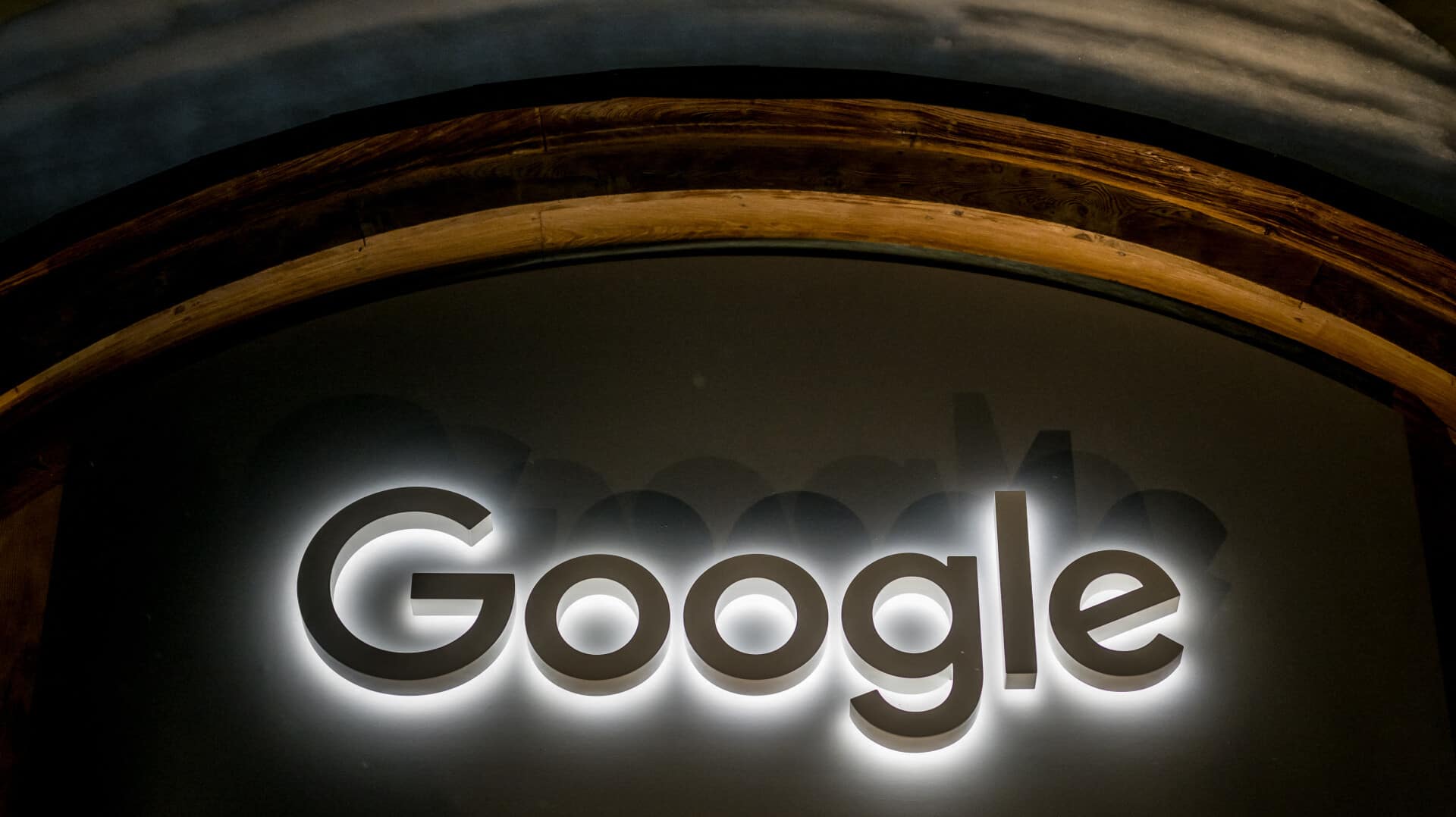
Google DeepMind to develop AI that will simulate real world
What's the story
Google is forming a new team to build AI models capable of accurately simulating the physical world. The effort will be led by Tim Brooks, a former co-lead on OpenAI's video generator, Sora. Brooks joined Google's AI research lab, DeepMind, in October last year. The new team will collaborate with the company's existing Gemini, Veo, and Genie teams. Its aim will be to tackle "critical new problems" and scale models "to the highest levels of compute."
Usage
A look at Gemini, Veo, and Genie
Gemini is Google's flagship series of AI models for tasks such as image analysis and text generation. Meanwhile, Veo is a video generation model. Genie is another cool project from Google, an AI capable of simulating games and 3D environments in real-time. The latest version of Genie, demonstrated in December, could create a variety of playable 3D worlds.
Tool development
Google's AI team to develop 'real-time interactive generation' tools
The new team under Brooks's leadership will develop "real-time interactive generation" tools based on the models they create. They also plan to explore ways of integrating their models with existing multimodal ones like Gemini. This initiative falls in line with the broader trend in tech industry, where companies are increasingly investing in AI models for applications ranging from simulation, visual reasoning, planning for embodied agents, and real-time interactive entertainment.
Industry impact
AI's impact on creative industries and copyright concerns
The rise of AI has divided creative industries. A WIRED investigation found game studios like Activision Blizzard are leveraging AI to enhance productivity. A 2024 study commissioned by the Animation Guild predicted over 100,000 US-based film, television, and animation jobs might be disrupted by AI by 2026. There are also unresolved copyright issues with training world models on video game playthroughs. Google says it has permission to train models on YouTube videos but hasn't disclosed which videos it uses.